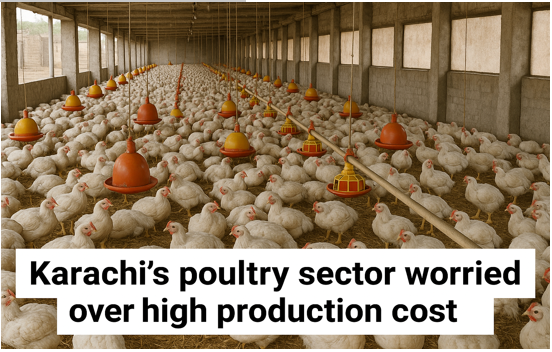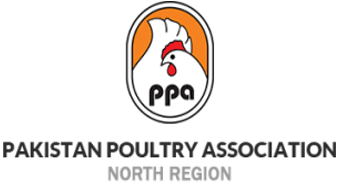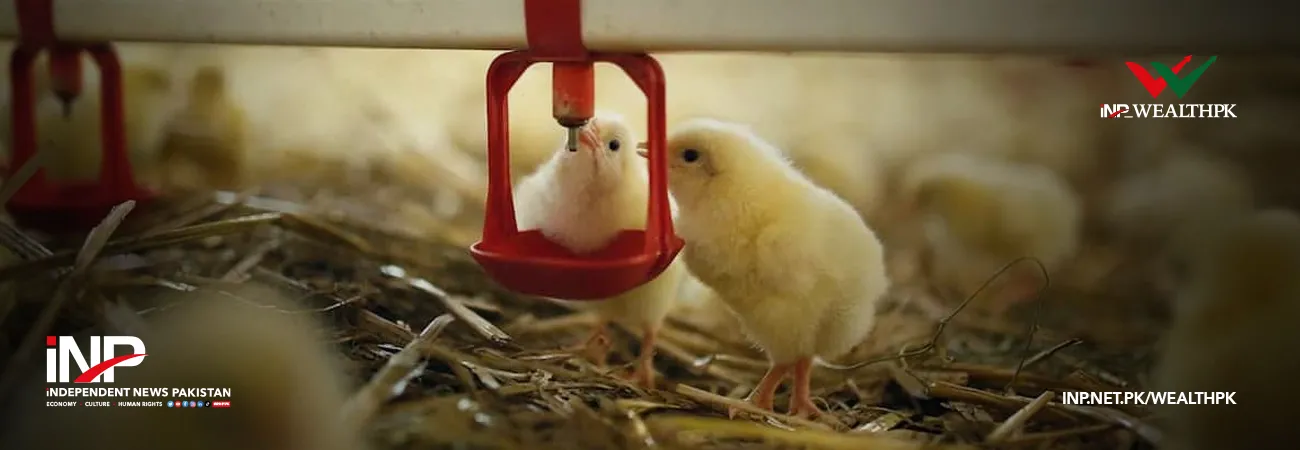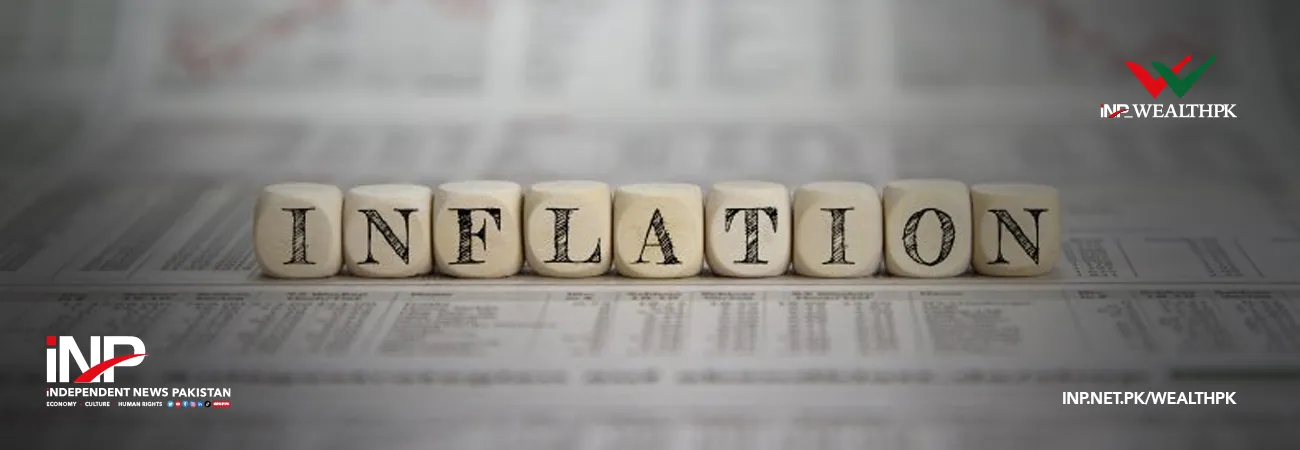INP-WealthPk
Ahmed Khan Malik
The poultry industry in Karachi has sounded alarm over the rising cost of production, which has put severe pressure on small and medium-scale poultry farmers and threatens to impact both livelihoods and consumer prices.

Industry stakeholders told WealthPK that the cost of feed, medicines, electricity, and fuel — core components of poultry farming — have skyrocketed over the past year. Farmers argue that despite efforts to control overheads, they are struggling to stay afloat, with many warning of potential shutdowns if relief is not offered.
"The price of poultry feed, which makes up nearly 70% of our production cost, has gone up drastically due to inflation and increased import duties on raw materials like soybean meal and maize," said Zahid Mehmood, a poultry farm owner from the outskirts of Karachi. "We cannot keep raising prices for consumers, so we are bearing losses ourselves."

According to the Pakistan Poultry Association (PPA), poultry feed prices have surged by over 40% in the last 12 months. Simultaneously, electric outages and the rising cost of alternative energy sources like diesel have further increased operational costs for hatcheries and poultry sheds that rely heavily on temperature-controlled environments. “Electric loadshedding means we run generators for hours every day.
The cost of diesel and maintenance is unbearable, especially for small farms,” said Saima Abbas, another poultry farmer in Malir. “We are barely breaking even.” The situation has also created a ripple effect on poultry product prices. Despite fluctuations in live chicken prices in Karachi ranging from Rs500 to Rs600 per kilogram, retailers asserted they were not profiteering.
"There’s a misconception that retailers are hoarding or overcharging. The truth is, we’re getting chicken at a much higher wholesale rate due to upstream costs," said Tariq Khan, a chicken shop owner in Gulshan-e-Iqbal. He warned that continued cost escalation without government intervention could lead to shortages or price shocks in the market.
"If this trend continues, a large number of farms may close down, especially those operating on thin margins," he said. "That would reduce supply and raise prices even further, impacting food security in urban areas." The poultry sector has called on the government to provide subsidies on feed ingredients, reduce taxes on imports critical to poultry production, and offer energy cost relief to farmers.
The PPA has submitted a proposal to the Ministry of National Food Security and Research seeking urgent attention to what it describes as an emerging crisis. “We are not asking for permanent subsidies, just short-term support to stabilise the industry,” said Khalid Hussain, spokesperson for the PPA. “If the poultry sector collapses, the impact will go beyond farmers — it will hit consumers, related industries, and employment.”
Credit: INP-WealthPk













